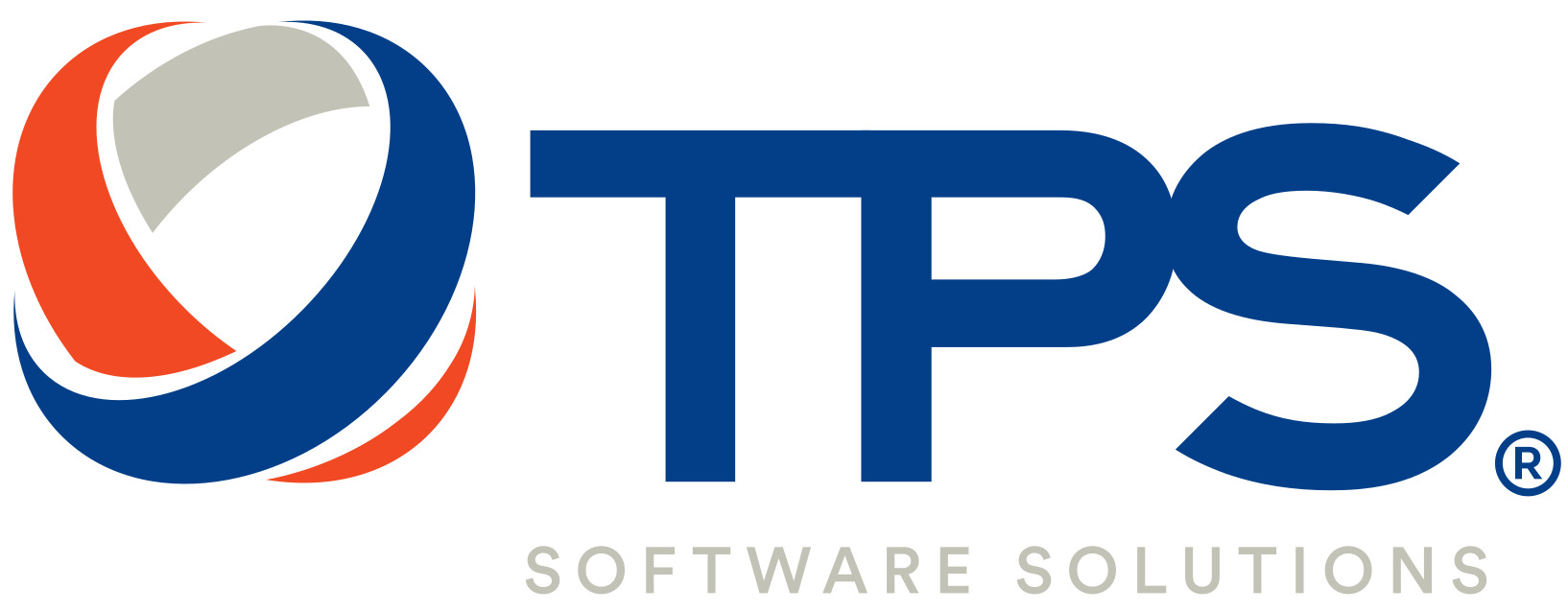What does software product outsourcing mean?
Software product outsourcing refers to the practice of hiring external third-party companies or individuals to develop, maintain, and support software products. Instead of relying solely on an in-house team, a company may choose to outsource some or all aspects of its software development process to external vendors or offshore development teams.
The work involves hiring external teams for various aspects of the software development lifecycle. This can encompass designing and building applications, websites, or digital solutions, with external teams handling the actual coding and programming. Outsourcing firms often manage testing and quality assurance processes, including functional, performance, and security testing. Crucially, after a software product is launched, outsourcing extends to ongoing maintenance, bug fixes, and support services.
Companies may choose to outsource for specialized expertise in specific programming languages, technologies, or industry verticals that their in-house team may lack. Cost efficiency is a significant driver, as outsourcing allows access to skilled talent in regions with lower labor costs, enabling businesses to focus on core competencies.
Moreover, outsourcing provides flexibility and scalability, allowing companies to adjust the development team size based on project requirements. This approach leverages a global talent pool, promoting globalization by engaging teams located in different parts of the world.

Overview of the Software Product Outsourcing Market
Market Size and Growth
The software outsourcing market is projected to reach $121.6 billion in 2024, with a CAGR of 1.66%, indicating a steady growth trajectory. By 2028, the market size is expected to expand to $129.9 billion.
Regional Dynamics
The Asia Pacific region is the fastest-growing area in the global software development outsourcing market, offering a combination of skilled talent and competitive costs. Countries like India and the Philippines are notable outsourcing hubs due to their strong IT infrastructure and favorable business environments.
Key Industry Players
Major players in the market include Accenture, HCL Technologies, IBM, TCS, Oracle, and Cognizant, among others. These companies offer a range of services, from infrastructure and application outsourcing to consulting.
Sector-specific Growth
The market has seen considerable growth in various sectors, including BFSI, healthcare, media, telecommunications, retail, e-commerce, and manufacturing.
Technological Trends and Services
Innovations in AI, big data, and cloud computing are propelling market growth. Services within the market encompass various segments like application outsourcing, infrastructure management, and software maintenance.
Industries Needing Software Product Outsourcing the Most
Finance & Insurance
This industry is utilizing outsourcing for complex software solutions, especially in areas like fintech, regulatory compliance, and risk management.
Healthcare
With the rise of telemedicine, electronic health records, and personalized healthcare applications, the healthcare industry is a significant consumer of software development outsourcing services.

Manufacturing
Manufacturing companies are turning to outsourcing for solutions in supply chain management, production automation, and Internet of Things (IoT) implementations.
Media & Publishing
This sector leverages outsourcing for content management systems, digital media platforms, and customer analytics tools.
Hospitality & Travel
The hospitality and travel industries are increasingly reliant on outsourced software for reservation systems, customer relationship management, and virtual tour experiences.
Online Commerce
E-commerce platforms require sophisticated and secure software solutions for online transactions, inventory management, and customer engagement, making them prime candidates for outsourcing.

Professional Services
Firms in this sector outsource software development for client management systems, data analytics, and automation tools.
Strategic Advantages of Software Product Outsourcing
Access to Global Talent and Expertise
Outsourcing opens doors to a world-class talent pool, allowing businesses to find highly skilled professionals with specialized expertise. This global reach ensures access to innovative ideas and the latest technological trends.
Cost-Effectiveness
Software outsourcing is a cost-effective solution. Companies often find lower development costs without compromising on quality, thanks to the availability of skilled labor in regions with lower labor costs.
Focus on Core Business
Outsourcing allows companies to concentrate on their core activities, like business development and customer service, while external experts handle the technical aspects of software development.
Scalability and Flexibility
Companies can adjust their development team size based on project requirements, offering significant scalability and flexibility to adapt to market changes.
Risk Mitigation
Experienced outsourcing partners can foresee potential issues and mitigate risks, leveraging their expertise in project management.
Improved Time-to-Market and Technological Advancements
Outsourcing accelerates the development process, ensuring faster product launches. Additionally, businesses benefit from advanced and efficient solutions provided by outsourcing partners who keep abreast of the latest technological trends.
Top Five Global Destinations for Software Product Outsourcing in 2024
Vietnam
Known for its cost-effectiveness and growing tech talent pool and trusted software outsourcing company, Vietnam’s IT outsourcing revenue in 2023 was US$590.38 million. The country is recognized for its expertise in software development, AI, and machine learning, with a developer population of over 1.12 million and hourly rates ranging from $20 to $50.

India
India continues to be a global leader in IT outsourcing, with an estimated IT outsourcing revenue of US$8.81 billion in 2023. It boasts a massive pool of English-speaking IT professionals and offers cost-effective services, with hourly rates ranging from $10 to $60. India’s strengths include its extensive experience and emphasis on education, making it a preferred destination for software development outsourcing.
China
With a strong emphasis on technology and innovation, China’s IT outsourcing revenue in 2023 was approximately US$25 billion. The country offers a large talent pool and is known for its advanced technological infrastructure. However, it faces challenges such as intellectual property concerns and language barriers, with hourly rates for developers ranging from $40 to $100.
Malaysia
Malaysia is emerging as a diverse and multilingual IT hub, with an IT outsourcing revenue in 2023 of approximately US$1.88 billion. The country is strategically located and offers a blend of technical expertise and business acumen, with strengths in areas like cybersecurity and cloud services. The hourly rate for developers ranges from $30 to $50.
Philippines
The Philippines is renowned for its customer service orientation and excellent English language skills. Its IT outsourcing revenue in 2023 was approximately US$1.95 billion. The country is a preferred destination for businesses looking to outsource customer support and back-office operations, with a skilled workforce increasingly proficient in IT support and development services. Developers’ hourly rates range from $25 to $50.
Conclusion
Software product outsourcing offers a blend of strategic advantages and growth opportunities in the ever-evolving IT landscape. Its benefits in terms of cost, access to global talent, and technological advancements, combined with a robust and growing market, make it an attractive option for businesses looking to innovate and stay competitive. As the market continues to evolve, it remains a pivotal strategy for companies aiming to leverage external expertise and achieve success in the digital era.














